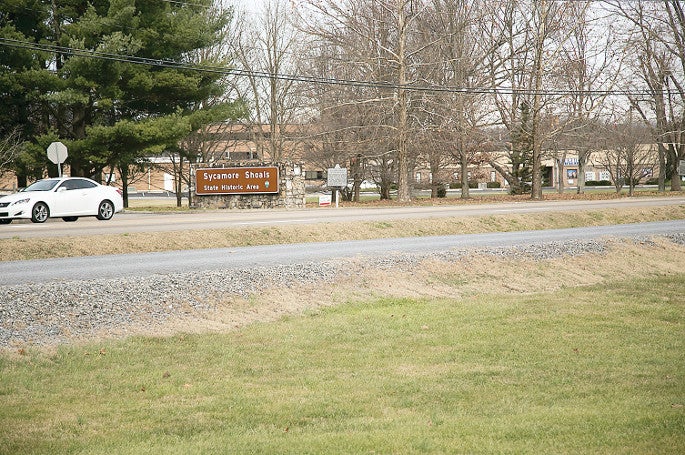Ford family reunion rich in Tennessee, civil rights history
Published 4:30 pm Wednesday, May 30, 2018
For the first time in over 170 years, a family divided by death, disputes and slavery is being reunited in Carter County. The Tennessee Supreme Court case of Ford v. Ford was settled in 1846 and was the last driving factor in splintering the Ford family. After years of oppression Ford family slaves were able to win the case and become free.
172 years later, it’s all about coming together as family. From Aug. 3-5, all members of the Ford family are coming together for the first “massive” reunion of Ford ancestors at Sycamore Shoals State Park.
Charles Ford, who is helping spearhead the event, stated “it’s a reunion of all the descendants of both the free and enslaved, from all over the United States, all traveling to celebrate and reunite as a family. There are many in the Tri-Cities area that have Ford ancestors’ ties to Fordtown, where it all took place.”
Charles added that all are welcomed to join, but family members are asked to contact him by June 20 so the event can be planned accordingly. He can be reached via email at bolero4me@hotmail.com or by phone at (913) 393-3847.
The Ford v. Ford case was created following the death of Loyd Ford of Washington County. Ford owned slaves and penned a will that freed the slaves and presented them his property upon his death. Following Ford’s death, the slaves went to present the will, which led to the resulting court case that they were able to win.
In a written recap of the case by G. Brian Jackson on the Tennessee Encyclopedia website, he recalls the court’s opinion, which was made by Justice Nathan Green.
While Ford’s family contested the slaves had no rights, Greene stated, “A slave is not in the condition of a horse or an ox. His liberty is restrained, it is true. … But he is made after the image of the Creator. He has mental capacities, and an immortal principle in his nature, that constitute him equal to his owner, but for the accidental position in which fortune has placed him. … (T)he laws under which he is held as a slave have not and cannot extinguish his high-born nature nor deprive him of his many rights which are inherent in man.”





